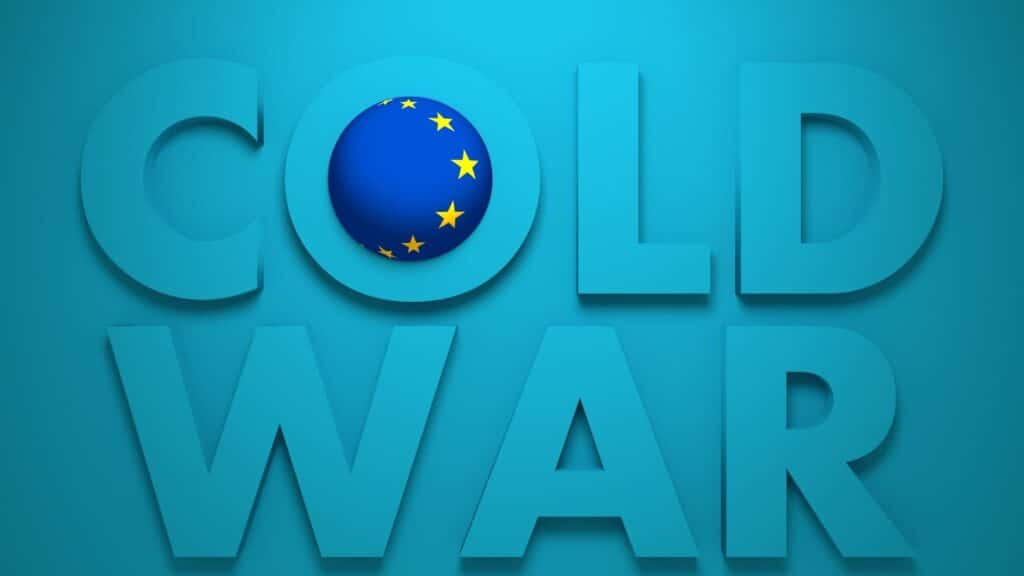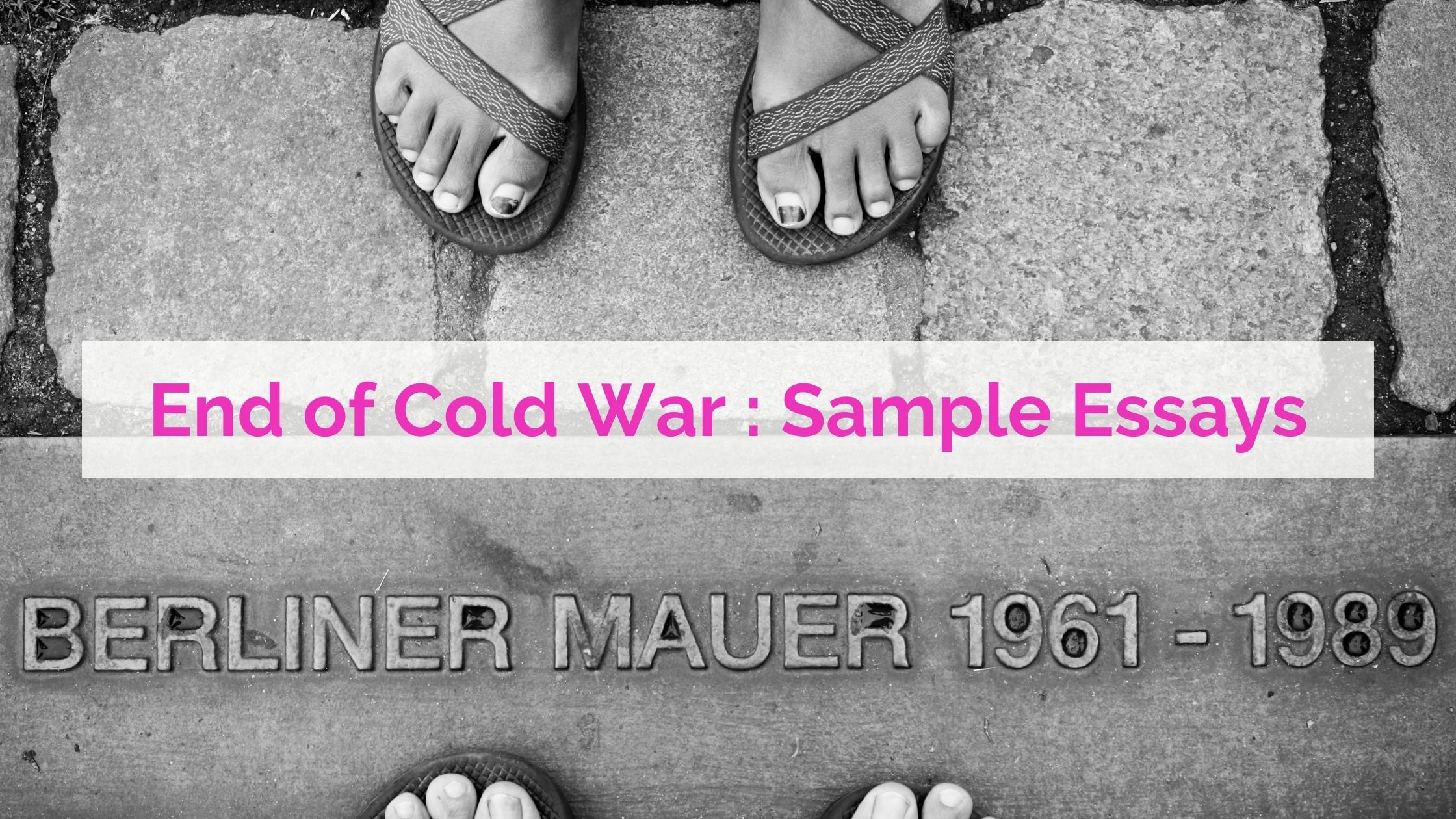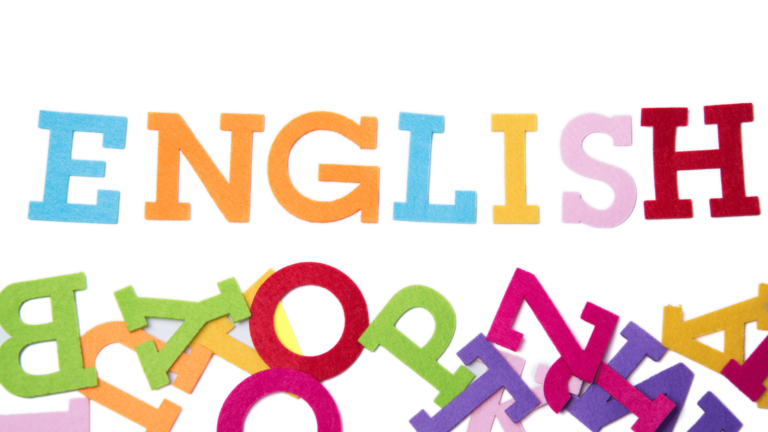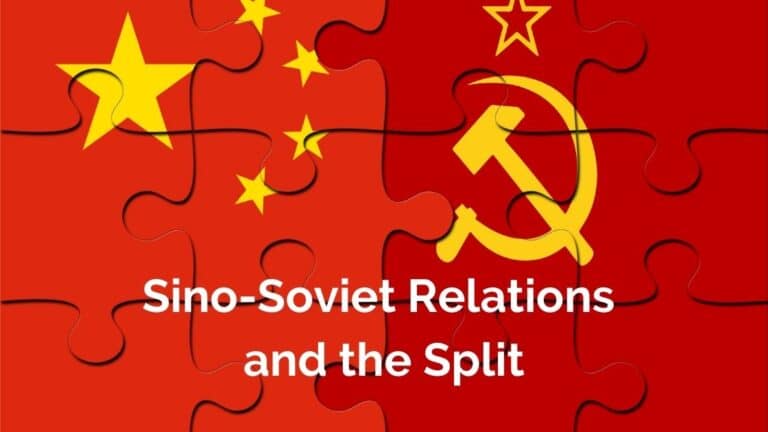End of Cold War: 4 SEQ Samples
Many commentators blame Gorbachev and his policies for the End of Cold War. However, there are other reasons, like the economic decline of the USSR and the economic boom of the West. You can download the attached pdf or read on to find out more.
1. Explain why the West renewed its Cold War competition with the USSR in the period following détente?
(P) The West renewed its Cold War competition with the USSR because of an emphasis on human rights issues.
(E) In the late 1970s, the West started to pay more attention to human rights issues in its own country and its relations with other countries. This change was because more people supported human rights, and politicians followed the people’s lead. In addition, the treatment of dissidents in the USSR and the growth of international human rights movements and organisations in the 1970s put pressure on the US to consider human rights issues in political agendas and diplomatic negotiations.
(E) For example, the Soviet invasion of Afghanistan in 1979, which eventually saw the USSR replacing the government with its own choice of government, was heavily criticised by the international community. As a result, president Carter cancelled the ongoing arms limitation talks and further imposed embargos on grain and technology against the USSR.
(L) Thus, the West renewed its Cold War competition with the USSR because of its emphasis on human rights.
(P) Another reason for the renewal of the arms race was partly due to the economic boom in the West.
(E) Reagan introduced economic liberalisation to encourage individual enterprise and privatised national assets. These actions stimulated economic growth and launched a financial boom in the West during the 1980s. Moreover, the development of the American economy enabled Reagan to renew the arms race and exert pressure on the USSR to keep up with military expenditure and production.
(E) For example, Reagan’s Strategic Defense Initiative (SDI) aimed to develop new technology to detect and destroy any potential nuclear attack by intercontinental missiles. NATO’s also stationed Pershing II missiles in West Germany, which were nuclear missiles that could be moved around easily and targeted areas in the Western USSR.
(L) The West could do this as it had the money to do so.
2. ‘Gorbachev’s internal reforms were key in causing the collapse of the USSR and the end of Cold War.’ How far do you agree with the statement? Explain your answer.
(P) Gorbachev’s internal reform known as Perestroika was responsible for causing the collapse of the USSR and the end of Cold War.
(E) Perestroika was meant to restructure the economy and the political system, but it failed. Even though small businesses were encouraged, the reform failed as the state-controlled the means of production. Thus, small businesses had to pay high taxes and deal with corrupt officials to purchase equipment. As a result, the number of loss-making companies that needed government support increased, and many Soviet citizens lost interest in starting their businesses. Perestroika also allowed more open elections. However, the changes were too much for the ‘old guard’ while too little for the radicals. The open polls led to the rise of opposition groups.
(E) Instead of strengthening the government, Perestroika led instead to declining confidence as it did not improve the lives of Soviet citizens. It further undermined Gorbachev’s authority as it failed to solve any problems and made many citizens determined to overthrow the system.
(L) Thus, Perestroika led to the fall of the USSR and the end of Cold War.
(P) Gorbachev’s policy of Glasnost, openness, was also responsible for the fall of the USSR.
(E) He wrongly believed that ordinary people should discuss Soviet Union’s economic and social problems. As a result, Gorbachev relaxed the state censorship. Archives were also de-classified (such as statistics on the Stalin purges), exposing lies about housing, food shortages and mortality rates.
(E) Thus, the positive picture of Soviet life that the government previously presented to the public quickly fell apart. Many felt that the citizens in the Soviet bloc thought that the communist government had lied and deprived them. This realisation made the people lose even more confidence in the state ideology of communism and unwittingly created a platform for criticism of the government. Instead of getting the support of the people, they turned against the system.
(L) Thus, Glasnost backfired on Gorbachev and was a reason for its downfall.
(P) However, Gorbachev’s foreign policy thinking also contributed to the downfall of the USSR.
(E) Gorbachev introduced ‘New Thinking’ to Soviet foreign policy, which sought to shift the USSR away from communist versus capitalist states’ ideological rivalry and reduce interference in the Eastern European satellites. However, this policy led to criticism of his policies, and communist conservatives launched a coup against Gorbachev.
(E) For example, Gorbachev and Reagan conducted summits to discuss nuclear disarmament issues while forging friendships. One example was when both leaders agreed to remove the mobile intermediate-range nuclear missiles deployed in Europe when they signed the Intermediate-Range Nuclear Forces (INF) treaty. In addition, Gorbachev’s UN speech in December 1988 signalled his new policy to no longer intervene in the internal affairs of Eastern Europe. Without Soviet backing, the Eastern European communist regimes collapsed one after another in 1989 in the ‘Year of Revolutions’.
(L) Thus, Gorbachev’s ‘New Thinking’ sparked the disintegration of the Soviet sphere of influence in Eastern Europe and a coup against him.
(J) In conclusion, I agree that internal reforms were the fundamental cause that led to the collapse of the USSR and the end of cold war. Without it, there would not have been the rise of an alternative leadership in the Soviet Union and Eastern Europe in the first place. Also, the people would have less reason to dissent against the Soviet government as shortages would not have worsened to such a degree and bred cynicism. Gorbachev could have contained the effects of Glasnost – perhaps with the support of the Conservatives.
Similarly, the results of ‘New Thinking’ in foreign policy would not have been so drastic. The USSR could have repeated its interventions just as it did in Hungary (1956) and the Prague Spring (1968) to prevent the breakaway of Eastern Europe, to reassert the importance of the communist ideology and the one-party state.

4. ‘The Soviet Union was doomed to collapse even before Gorbachev introduced his reforms.’ How far do you agree with this statement? Explain your answer.
(P) The Soviet Union was doomed to fall because it was already in serious turmoil when Gorbachev inherited it.
(E) When Gorbachev came to power, he had many problems to solve.
(E) Government officials pocketed large amounts of money reserved for state development. The government was also poorly informed when making policies, leading to many wastages of state resources. The government was also slow in making decisions, leading to aggravation of problems within the country. Gorbachev dealt with the government’s inefficiency and a weak economy.
The Soviet economy was severely devastated by alcoholism in society, leading to industrial accidents and low productivity. Also, the communist economy was ineffective as it did not encourage development due to a lack of competition. Finally, the economy was poor because the government targets were based on quantity, without quality control. Many people doubted the ability of the communist party to rule the Soviet Union. When they compared their standard of living with their Western counterparts, they realised the new reality: democracy and the free market promised them a better life.
(L) Hence, the Soviet Union’s collapse was due to the corruption and inefficiency in the government, signalling the end of Cold War.
(P) However, the end of Cold War was mainly a result of Gorbachev’s policies.
(E) Gorbachev introduced Perestroika to restructure the economy and Glasnost to allow more government transparency. With Perestroika, the government would relax its control over producing goods and services. However, the means of production, such as trucks and tractors, remained under the government’s control. Government officials continued to control important technology and machinery, causing them to charge a high fee on small businesses.
(E) As a result, these businesses set high prices for consumer goods to profit, leading to greater dissatisfaction. There was also a severe shortage of food and other necessities such as bread and shoes. As Glasnost allowed greater freedom of speech and press, people could freely voice their opinions and criticise government policies. This relaxation openly encouraged more dissatisfaction and criticism against Gorbachev’s policies.
The Politburo did not welcome the change as it meant that their policies would be under public scrutiny and criticism. Their power depended on the propaganda machine, censorship and oppression of the people. The loss of control led to their dissatisfaction with Gorbachev as well. The opposition started to build rapidly in the Soviet Union and its satellite states with these negative sentiments. The government finally lost control over the people’s actions and those in the satellites. The Soviet Union lost its status as a superpower. As a result, the USSR split and collapsed, which led to the end of Cold War.
(L) Therefore, the end of Cold War was due to Gorbachev’s policies.
Conclusion
To found out more about the end of Cold War, you can check out the Wikipedia entry. If you want to know more about the History Elective syllabus, click here. To down the pdf, click on the box below.
The other chapters are as follows:
- Treaty of Versailles
- League of Nations
- Rise of Stalin
- Stalin’s Rule
- Rise of Hitler
- Hitler’s Rule
- Reasons for World War II in Europe
- Reasons for the Defeat of Germany
- Reasons for World War II in Asia-Pacific
- Reasons for the Defeat of Japan
- Reasons for the Cold War
- Korean War
- Cuban Missile Crisis

Critical Thought English & Humanities is your best resource for English, English Literature, Social Studies, Geography and History.
My experience, proven methodology and unique blend of technology will help your child ace their exams.
If you have any questions, please contact us!







